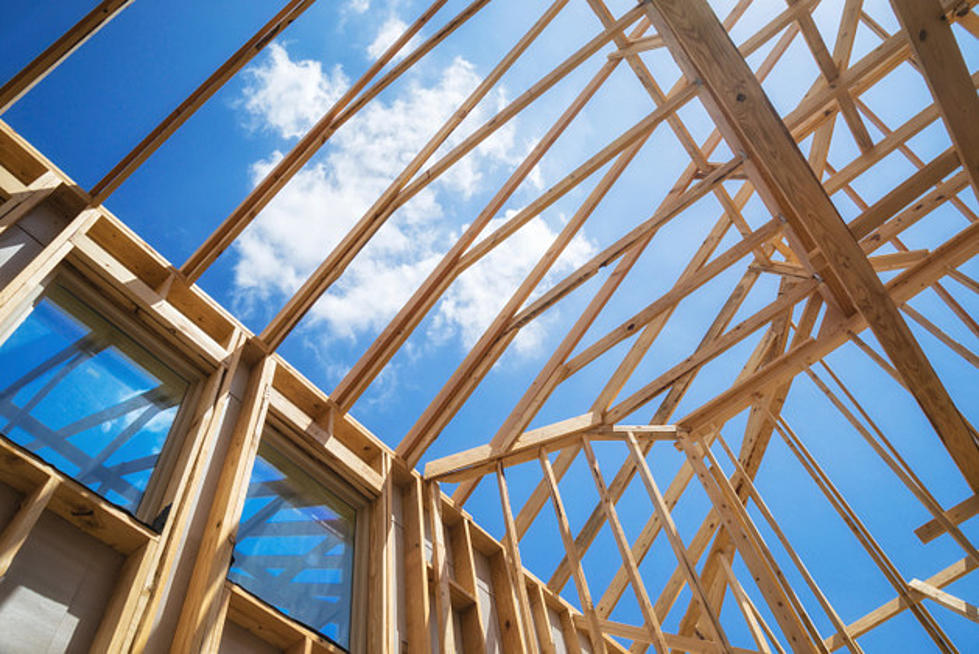
300-plus new NJ homes could expose residents to formaldehyde
An issue with materials used during construction could mean the residents of more than 300 New Jersey homes are at risk of exposure to a toxic chemical.
According to a letter from the Department of Community Affairs, Joists with Flak Jacket protection made after Dec. 1 of last year could emit formaldehyde from a product meant to help with fire prevention.
According to the letter, Weyerhaeuser, the company that makes the joists, has indicated the issue could apply to 320 homes "in various stages of construction."
But the number could be even greater, according to attorney Shanon Carson. She's representing a couple who are the lead plaintiffs in a class-action lawsuit against Weyerhaeuser.
"It's possible that it's low," She told NJ.com. "It's based on information that's being reported to that agency."
According to the National Cancer Institute, levels of formaldehyde above .1 part per million can cause "watery eyes; burning sensations in the eyes, nose, and throat; coughing; wheezing; nausea; and skin irritation." The longer-term effects of continued exposure aren't clearly understood, but potential links to several cancers have been studied.
Formaldehyde is usually present in indoor and outdoor environments at a level below a third of that.
Weyerhaeuser put out a press release in July saying that "customer feedback regarding an odor in certain newly constructed homes is related to a recent formula change to the Flak Jacket coating that included formaldehyde-based resin. According to the release, the Flak Jacket Protection is not widely used, having been used in 2,200 homes in "limited markets."
"We deeply regret the disruption and inconvenience this situation has caused," president and CEO Doyle R. Simons said. "Our top priority is to take care of our customers and their customers. We are absolutely committed to doing the right thing and resolving this situation as quickly as possible."
The DCA letter, by Divisions of Codes and Standards director Edward Smith, said with the issue affecting homes ranging from in construction to already being lived in, fixing the problem could cause problems for contractors. Remediation for under-construction buildings could happen with existing permits, he said.
And he said the joists are not a code issue that would impact a certificate of occupancy — and that his suggestion of remediation methods (replacing the joists, placing a top coat or removing the coating technically) isn't meant to address how effective the methods would be at preventing the formaldehyde exposure.
And any steps taken would still have to provide adequate fire protection, he said.
Weyerhaeuser said it expects the the cost of resolving the issue to cost between $50 and $60 million, "and a reserve will be recorded in the second quarter of 2017. The company said it sold close to $9 million worth of the Flak Jacket product since the issue discovered, "representing less than one half of one percent of the company's total Wood Products sale."
According to NJ.com, the home builders who used the joists are: American Properties, including Traditions at Chesterfield in Chesterfield; Arya Properties; Bear-Ban Builders;
Fleet Montgomeryl Hallmark Homes, including Stratford at Monroe in Monroe Township; High Point Development, including Estates at Holmdel Fields in Holmdel; K-Hovnanian Homes; Premier Development; Procacci Development Co.; Suncrest Communities; Toll Brothers
More From New Jersey 101.5
Contact reporter Adam Hochron at 609-359-5326 or Adam.Hochron@townsquaremedia.com
More From New Jersey 101.5 FM









